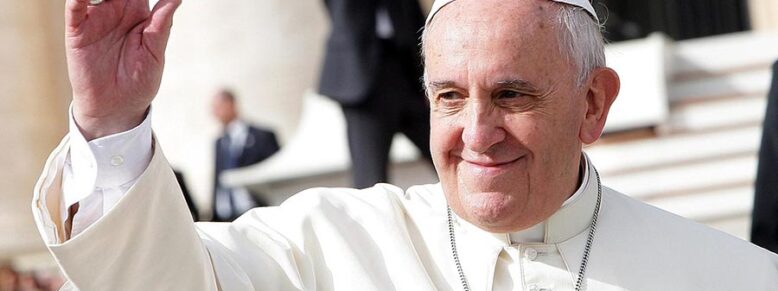The idea that government should be based on Christian principles is continually under attack – not least on several occasions in the assisted suicide debate. Not only is that proposed law itself incompatible with Christian principles, but many of those proposing it have suggested that Christians should not be involved in the debate or that Christian principles should not determine our views on the issue.
Read more >>God and Government











